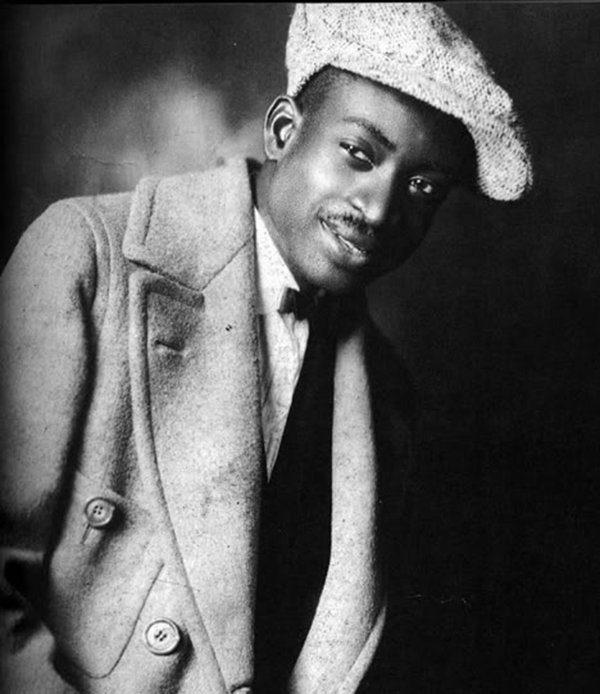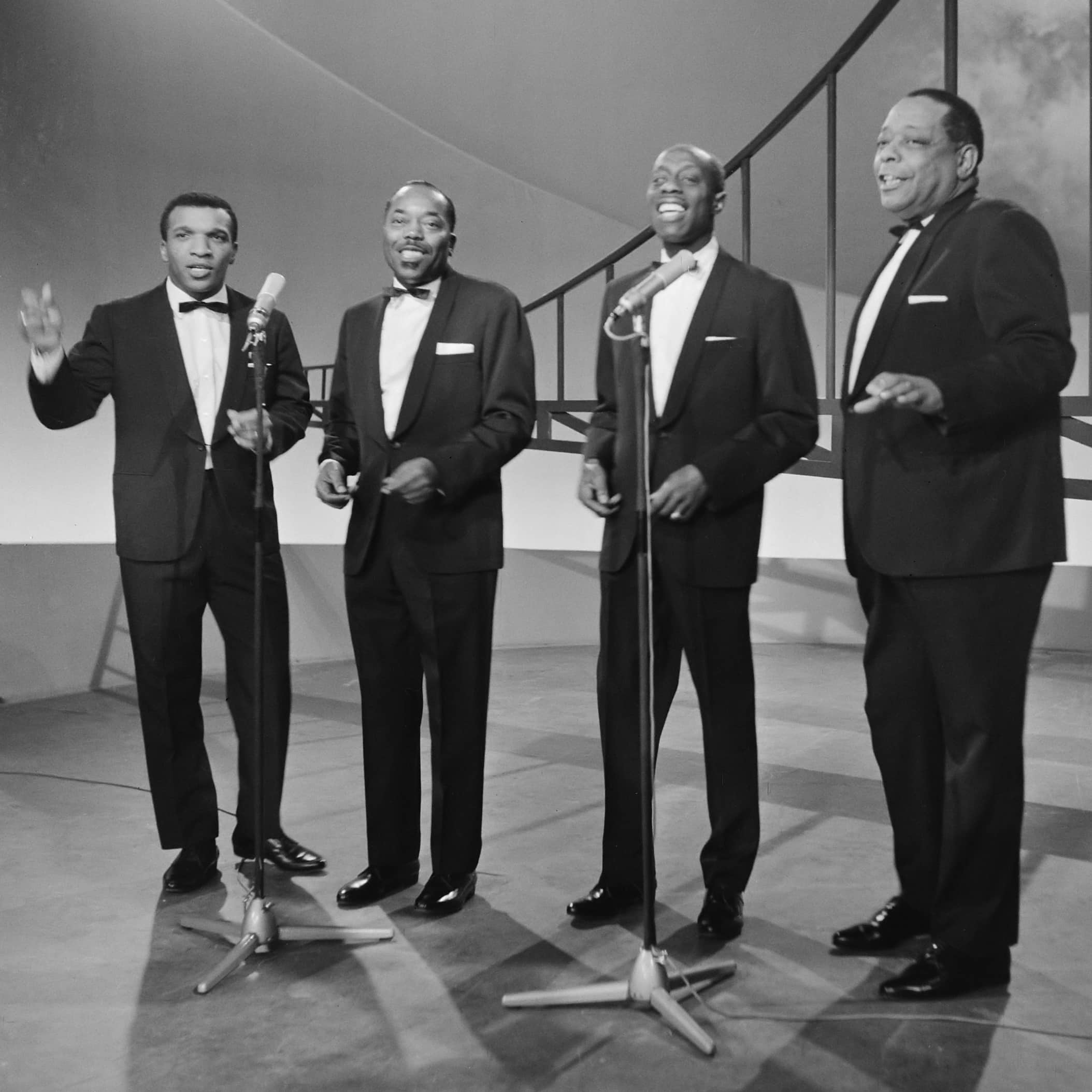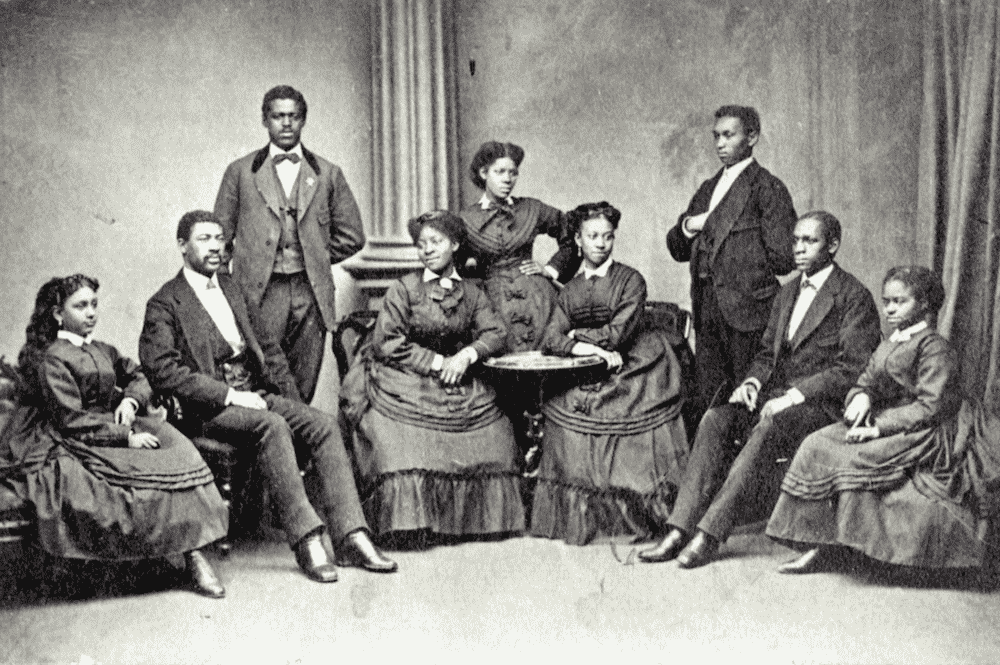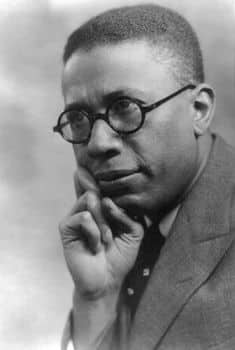NEGRO SPIRITUALS


To begin, a spiritual is defined as a type of religious folksong that is used in relation to the enslavement of African people who were captured and brought to the United States to be sold into slavery. Everything was taken from these individuals from their languages and families, to their culture, however, their music could not be stripped from them. Over the years, the enslaved people developed the religion of white people, which was Christianity. Nonetheless, they took Christianity and used it as a deeply-personal way in which they dealt with the oppression of their enslavement. The beauty behind negro spirituals was that regardless of their inability to read, they would memorize Biblical stories they heard and translate them into songs. These songs were then also used to communicate with one another.
ORIGIN
CHARACTERISTICS
Negro Spirituals is a genre of music that originated in the United States and was created by Africans. They were created as an oral tradition that imparted Christian values while describing the hardships of slavery. Black people were robbed of their languages, families and culture, yet they were still able to rely on their music to uplift them.
Spirituals were passed orally from person to person, and the folksongs were improvised as suited the singers. According to articles, there is record of approximately 6,000 spirituals; however due to the songs being passed orally and the oppression of the enslaved not being taught to read or write, it meant that the actual number of songs is unknown. Some of the best known negro spirituals are “Sometimes I Feel Like a Motherless Child,” “Nobody Knows The Trouble I’ve Seen”, “Swing Low, Sweet Chariot,” “Go Down, Moses,” “He’s Got the Whole World in his Hand,” and “Wade in the Water.”
Call and response, slow and melodic and fast and rhythmic are the three basic categories of negro spirituals.
GENRE INFLUENCES






Negro Spirituals were given a rebirth when a group of students from newly founded Fisk University in Nashville Tennessee, began to tour and perform in an effort to raise money for the financial hardships the school faced. The group that called themselves Fisk Jubilee Singers transported spirituals to parts of the United States that had never previously heard Negro folksongs. They accomplished many things including performing before royalty during Europe in the 1870’s. Their success inspired other American music genres including, Blues, Jazz, and gospel. The songs served as a rallying call to those who were demonstrating against laws and policies that kept African Americans from having equal rights during the Civil Rights Era. We still sing these emotionally charged songs and they continue to impact us today.
Harry T. Burleigh is the first Black composer to transcribe African-American music. Moses Hogan was one of the most celebrated arrangers of negro spirituals. He is credited with arranging dozens of original classical spirituals. R. Nathaniel Dett published collections like Religious Folksongs of the Negro and Dett Collection of Negro Spirituals. These are just some of the major influencers of the genre.

